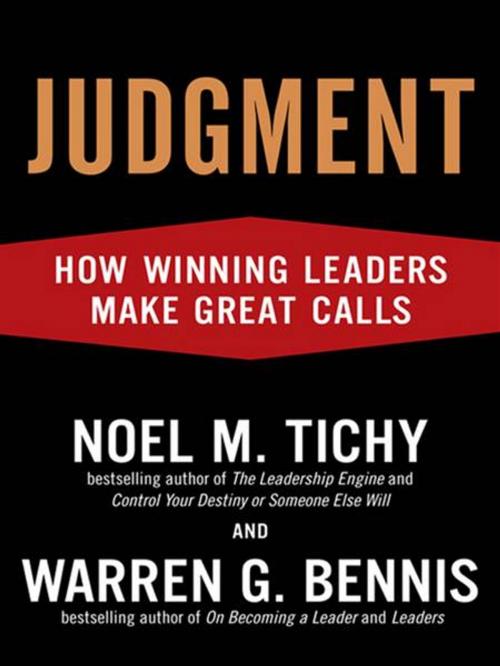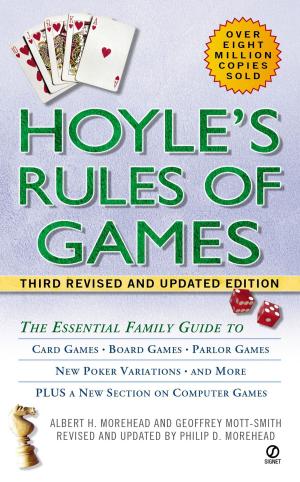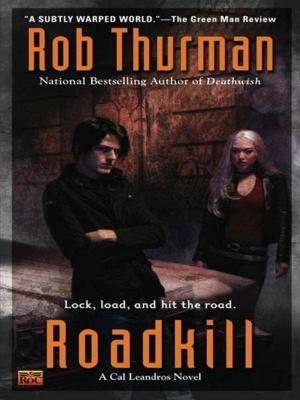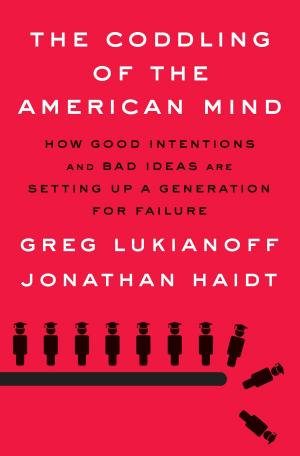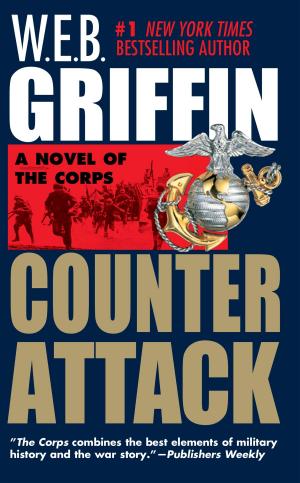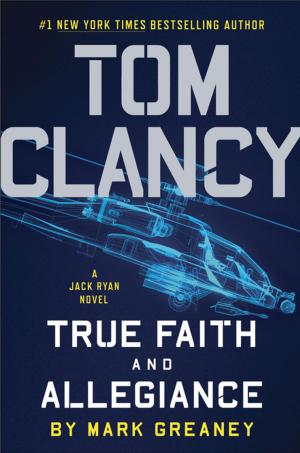Judgment
How Winning Leaders Make Great Calls
Business & Finance, Management & Leadership, Decision Making & Problem Solving, Leadership, Management| Author: | Noel M. Tichy, Warren G. Bennis | ISBN: | 9781101216545 |
| Publisher: | Penguin Publishing Group | Publication: | November 8, 2007 |
| Imprint: | Portfolio | Language: | English |
| Author: | Noel M. Tichy, Warren G. Bennis |
| ISBN: | 9781101216545 |
| Publisher: | Penguin Publishing Group |
| Publication: | November 8, 2007 |
| Imprint: | Portfolio |
| Language: | English |
“With good judgment, little else matters. Without it, nothing else matters.”
Whether we’re talking about United States presidents, CEOs, Major League coaches, or wartime generals, leaders are remembered for their best and worst judgment calls. In the face of ambiguity, uncertainty, and conflicting demands, the quality of a leader’s judgment determines the fate of the entire organization. That’s why judgment is the essence of leadership.
Yet despite its importance, judgment has always been a fairly murky concept. The leadership literature has been conspicuously quiet on what, exactly, defines it. Does judgment differ from common sense or gut instinct? Is it a product of luck? Of smarts? Or is there a process for making consistently good calls?
Noel Tichy and Warren Bennis have each spent decades studying and teaching leadership and advising top CEOs such as Jack Welch and Howard Schultz. Now, in their first collaboration, they offer a powerful framework for making tough calls when the stakes are high and the right path is far from obvious. They show how to recognize the critical moment before a judgment call, when swift and decisive action is essential, and also how to execute a decision after the call.
Tichy and Bennis bring their three-dimensional model to life with interviews with world-class leaders who have thrived or suffered because of their judgment calls. These stories include:
• Jeff Immelt, CEO of General Electric, whose judgment to grow through research and development transformed GE into the world’s premier technology growth company.
• Joel Klein, chancellor of the New York City Department of Education, who made tough calls about teachers, students, and parents while turning around a troubled school system.
• Jim McNerney, CEO of Boeing, whose strategic judgment helped him reinvigorate his company and restore a culture of trust and respect.
• The late general Wayne Downing, who found an unexpected opportunity in the midst of crisis when he led the Special Operations raid to capture Manuel Noriega.
• A. G. Lafley, CEO of Procter & Gamble, who bet $57 billion to purchase Gillette and reinvent his company.
• Brad Anderson, CEO of Best Buy, who made the call to commit totally to a customer-centric strategy and led his people to execute it.
Whether you’re running a small department or a global corporation, Judgment will give you a framework for evaluating any situation, making the call, and correcting if necessary during the execution phase. It will show you how to handle the overlapping domains of people, strategy, and crisis management. And it will help you teach your entire team to make the right call more often.
No organization can afford to neglect this crucial discipline—and no previous book has ever brought it into such clear focus.
“With good judgment, little else matters. Without it, nothing else matters.”
Whether we’re talking about United States presidents, CEOs, Major League coaches, or wartime generals, leaders are remembered for their best and worst judgment calls. In the face of ambiguity, uncertainty, and conflicting demands, the quality of a leader’s judgment determines the fate of the entire organization. That’s why judgment is the essence of leadership.
Yet despite its importance, judgment has always been a fairly murky concept. The leadership literature has been conspicuously quiet on what, exactly, defines it. Does judgment differ from common sense or gut instinct? Is it a product of luck? Of smarts? Or is there a process for making consistently good calls?
Noel Tichy and Warren Bennis have each spent decades studying and teaching leadership and advising top CEOs such as Jack Welch and Howard Schultz. Now, in their first collaboration, they offer a powerful framework for making tough calls when the stakes are high and the right path is far from obvious. They show how to recognize the critical moment before a judgment call, when swift and decisive action is essential, and also how to execute a decision after the call.
Tichy and Bennis bring their three-dimensional model to life with interviews with world-class leaders who have thrived or suffered because of their judgment calls. These stories include:
• Jeff Immelt, CEO of General Electric, whose judgment to grow through research and development transformed GE into the world’s premier technology growth company.
• Joel Klein, chancellor of the New York City Department of Education, who made tough calls about teachers, students, and parents while turning around a troubled school system.
• Jim McNerney, CEO of Boeing, whose strategic judgment helped him reinvigorate his company and restore a culture of trust and respect.
• The late general Wayne Downing, who found an unexpected opportunity in the midst of crisis when he led the Special Operations raid to capture Manuel Noriega.
• A. G. Lafley, CEO of Procter & Gamble, who bet $57 billion to purchase Gillette and reinvent his company.
• Brad Anderson, CEO of Best Buy, who made the call to commit totally to a customer-centric strategy and led his people to execute it.
Whether you’re running a small department or a global corporation, Judgment will give you a framework for evaluating any situation, making the call, and correcting if necessary during the execution phase. It will show you how to handle the overlapping domains of people, strategy, and crisis management. And it will help you teach your entire team to make the right call more often.
No organization can afford to neglect this crucial discipline—and no previous book has ever brought it into such clear focus.
